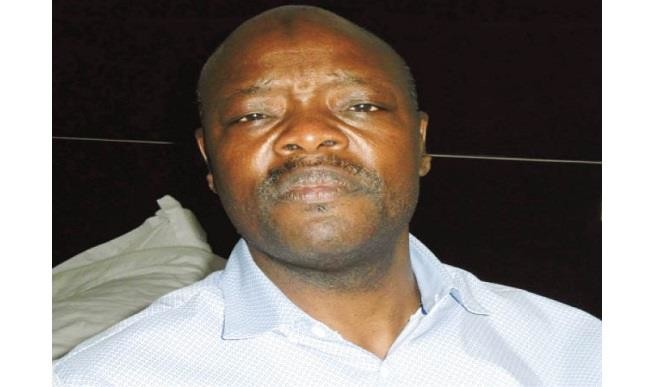Nigeria can feed herself if… – China varsity don
Tell us about your educational background? I am an agriculturist, I did my first degree in Agriculture, Master’s degree in Soil Science in the Russian Agricultural Academy between 1979 to 1985. I did my National Youth Service Corp in Bida Agricultural Development Project, Niger State. I then went to England for a post graduate diploma […]


Tell us about your educational background?
I am an agriculturist, I did my first degree in Agriculture, Master’s degree in Soil Science in the Russian Agricultural Academy between 1979 to 1985. I did my National Youth Service Corp in Bida Agricultural Development Project, Niger State. I then went to England for a post graduate diploma on land resource planning basically called land and water management. I started working in the old Sokoto Agricultural and Rural Development Authority as land use planning officer, where I worked with people from World Bank, Food and Agriculture, FAO.
In 1991, I transferred my service to the Federal Ministry of Agriculture and Natural Resources as principal forest officer in the department of forestry and I did a PhD in Geography in Honk Kong.
You now work in a Chinese University, what are your responsibilities, in theory and practice, towards feeding over one billion people in that country and as well export to the other parts of the World?
I am Professor and Director of Social Science Program in sustainable tourism, Department of Geography and Resource Management, member, World Leisure Board of Directors and Fellow of the World Leisure Academy. In 2011, I brought three professors and 40 students from Hong Kong to Nigeria on a study tour. We traveled from Lagos to Kano and they were surprised that we have flat fertile land and nobody is doing anything on them. They said if they had this land, they would feed everybody in Nigeria export to Africa and beyond. In the university, we do result-oriented research in many places like the Agricultural Research Center in rural and mainland China.
What can Nigeria learn from China in the area of tackling poverty?
China had more poverty compared to Nigeria then, but reduced poverty by 70 percent by empowering their rural dwellers, improved their livelihood with infrastructure, accommodation, access to road, good agricultural and rural scheme, created a subsidized consumer society, where if they sell a television set for 30,000 Yuan in the cities, they sell same at rural areas for 10,000 Yuan so that the people will stay in the villages and work without necessarily coming to the cities.
